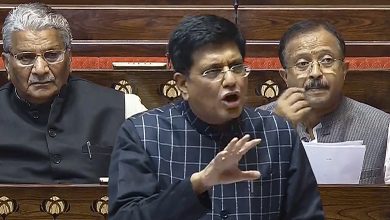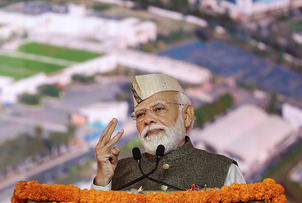‘COVID-19 variants, slack in following appropriate behaviour behind second wave’

New Delhi, Apr 07 (PTI): Slack in following COVID appropriate behaviour, a susceptible population and spread of variants could be among the main reasons for the second wave of coronavirus that has hit the country, healthcare experts have said.
The number of new coronavirus cases in India touched a record daily high since the outbreak of the pandemic with over 1.15 lakh new infections being reported in a span of 24 hours, pushing the nationwide COVID-19 tally to 1,28,01,785 on Wednesday.
The single-day rise in cases breached the one-lakh mark for the second time in three days.
Dr Giridhara R Babu, Professor and Head, Lifecourse Epidemiology, Public Health Foundation of India, said three important factors can be responsible for the surge of cases.
“Although the government has not acknowledged it as there is no clear evidence, there is definitely a role of new variants of concern which are more infectious and probably some of them are immune escape variants also and they are spreading faster than the earlier versions,” Babu told PTI.
Immune escape variants are not detected by the immune system. Some mutations confer this property to the virus and the antibodies are unable to detect it. The Brazil variant is generally not detected by antibodies and then there is a sub-group of South African variant that is also not detected, he said.
“Most importantly, the pace of vaccination is not as fast as one would expect India to be in. The pace at which the vulnerable have to be covered is not satisfactory,” he said.
He said it is very difficult to specifically say if the variant factor is responsible for the surge in India because genome sequencing has not been done to the levels that are expected.
“So we are left guessing but nothing else can explain why cases are surging so fast and affecting the areas that presumably had higher levels of antibodies in serosurveys,” he said.
Talking about the possibility of re-infection, he said it might be happening because of waning antibodies.
“There is a role for reinfections, but it has not been studied in detail. As a result, there are a greater number of people who are susceptible,” he said.
Babu further said environmental factors and community behaviour are also playing their part.
“Almost everything we do, whether it is rallies, melas, marriage, all this lead to transferring of infection from one person to another.








